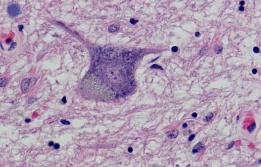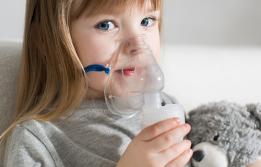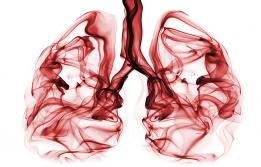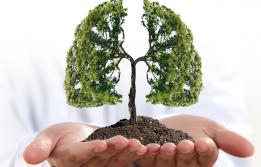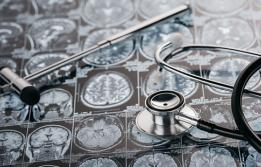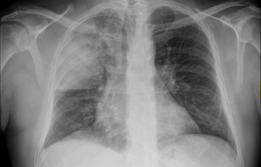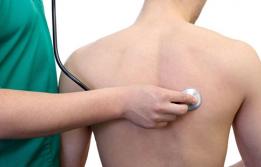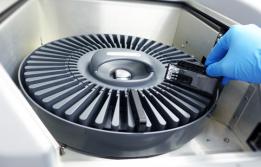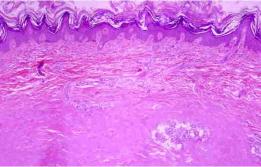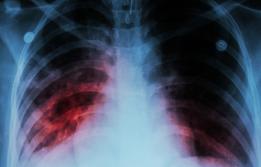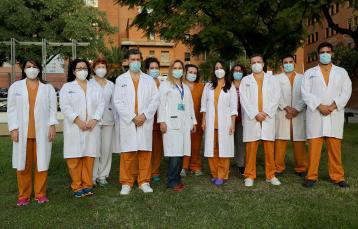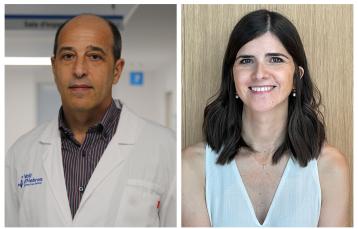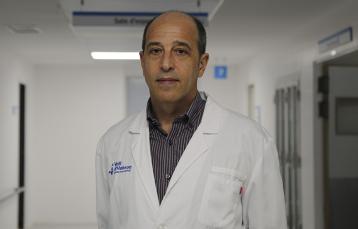Pneumology (Respiratory Medicine)
Description
Pneumology deals with the physiology and pathology of the respiratory system. Its principle purpose is the study of the aetiology, epidemiology, physiopathology, diagnosis, treatment, prevention and rehabilitation of respiratory diseases. The therapeutic and diagnostic principles of respiratory medicine are similar to those of internal medicine, although there are differences that clearly distinguish each of the specialisations. The most important difference is their reliance on and mastery of specific techniques. Diagnostic techniques include lung function analysis, respiratory or thoracic endoscopy, polysomnography and cardiorespiratory polygraphy; while mechanical rehabilitation and ventilation are used therapeutically.
Accredited places: 3
Download the unit training programme
Why specialise at Vall d’Hebron?
- Because as a participant on the Pneumology training programme you will observe, study and treat patients (hospital admissions and outpatients) with a wide range of respiratory diseases.
- Because at the end of the residency you will be able to show competency and technical expertise in the diagnosis and treatment of a broad spectrum of acute and chronic respiratory conditions, both within and outside the hospital environment.
- Because you will be able to implement programmes related to prevention, healthcare promotion and education with patients, their families and their communities.
- Because you will have come into contact with experimental and/or epidemiological clinical research that will help you approach scientific literature with a critical mindset and develop the foundation for continuous self-learning.











